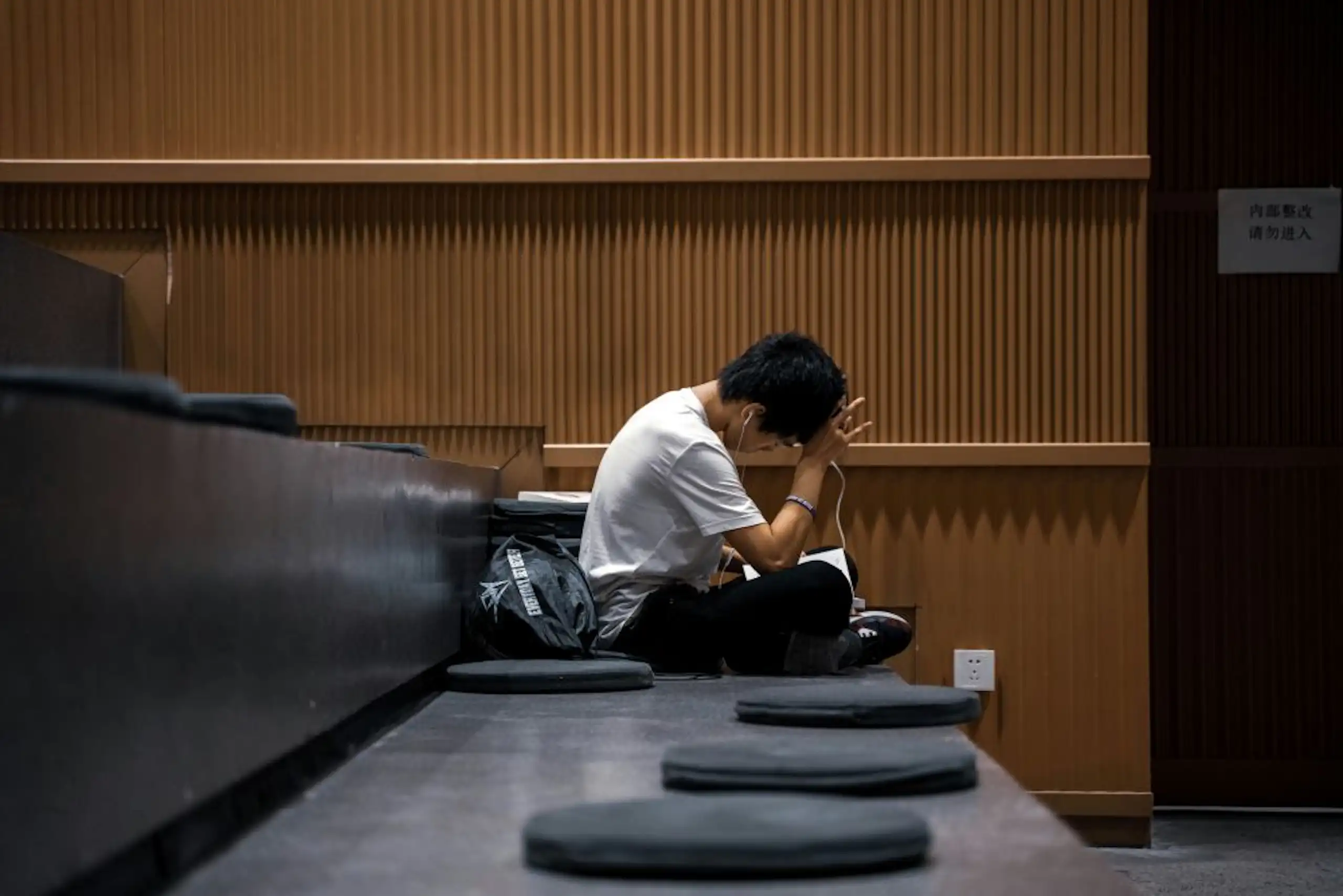Student
Grieving at college or university



HA | Wisdom Wellbeing
HA | Wisdom Wellbeing is the UK and Ireland’s leading EAP provider. Specialising in topics such as mental health and wellbeing, they produce insightful articles on how employees can look after their mental health, as well as how employers and business owners can support their people and organisation. They also provide articles directly from their counsellors to offer expertise from a clinical perspective. HA | Wisdom Wellbeing also writes articles for students at college and university level, who may be interested in improving and maintaining their mental wellbeing.
Discover how an EAP can support your employees
With an Employee Assistance Programme (EAP) from HA | Wisdom Wellbeing, we can offer you practical advice and support when it comes to dealing with workplace stress and anxiety issues.
Our EAP service provides guidance and supports your employees with their mental health in the workplace and at home. We can help you create a safe, productive workspace that supports all.










